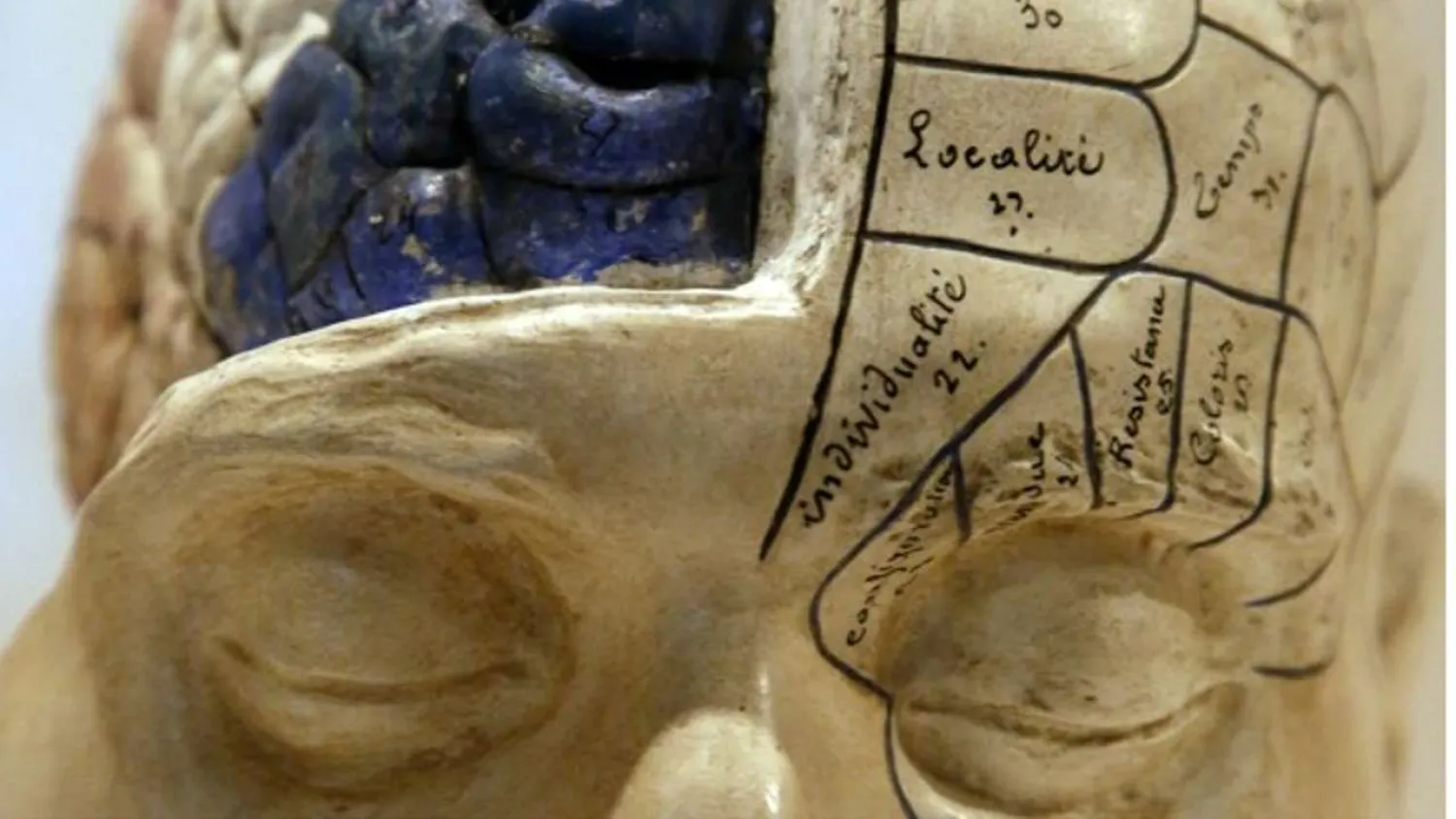Imagine having to choose over and over between what you enjoy doing and the pain that it might cause you, whether physical or emotional. If you live with conditions such as depression, anxiety, or chronic pain, you are probably familiar with making these difficult choices on a daily or weekly basis. But surprisingly little is known about which areas of the brain are involved in decisions of this kind.
In a recent article published in the journal Proceedings of the National Academy of Sciences (PNAS), McGill University researchers show that the ventral striatum plays a crucial role when it comes to choices about future pain versus future profit.
Interestingly, this brain region has already been identified as being involved in motivation and rewards, but it has not been associated with pain until now. This discovery could advance treatments for a range of disorders.
To see which areas of the brain were activated during decisions about future pain and profit, participants in the recent study were asked to make choices, very quickly, that involved a certain (random) amount of pain in exchange for a certain (random) amount of profit – or vice versa.
As participants were asked to choose repeatedly (there were 100 trials) between succeeding offers of pain or profit, the researchers used brain scans to monitor areas of cerebral activity. They discovered that, although many different areas of the brain were associated with future pain or money offers, there was one particular region, the ventral striatum, that systematically activated or deactivated as a function of future pain or rewards.
By using machine-learning algorithms, the researchers were able to identify patterns of brain activity that allowed them not only to predict the levels of pain and reward on offer, but also whether or not the participants would accept or reject these offers. They were, in effect, watching the brain making decisions between future pain and profit.
“It was almost like seeing a dimmer switch moving up or down, depending on whether pain or profit was on offer,” said Mathieu Roy, an associate professor in McGill’s Psychology Department and the senior author on the paper.
“We found that when money was on offer, as expected, activity in the ventral striatum increased. But what was interesting was that activity in the same area of the brain decreased in proportion to the pain on offer,” he added.









